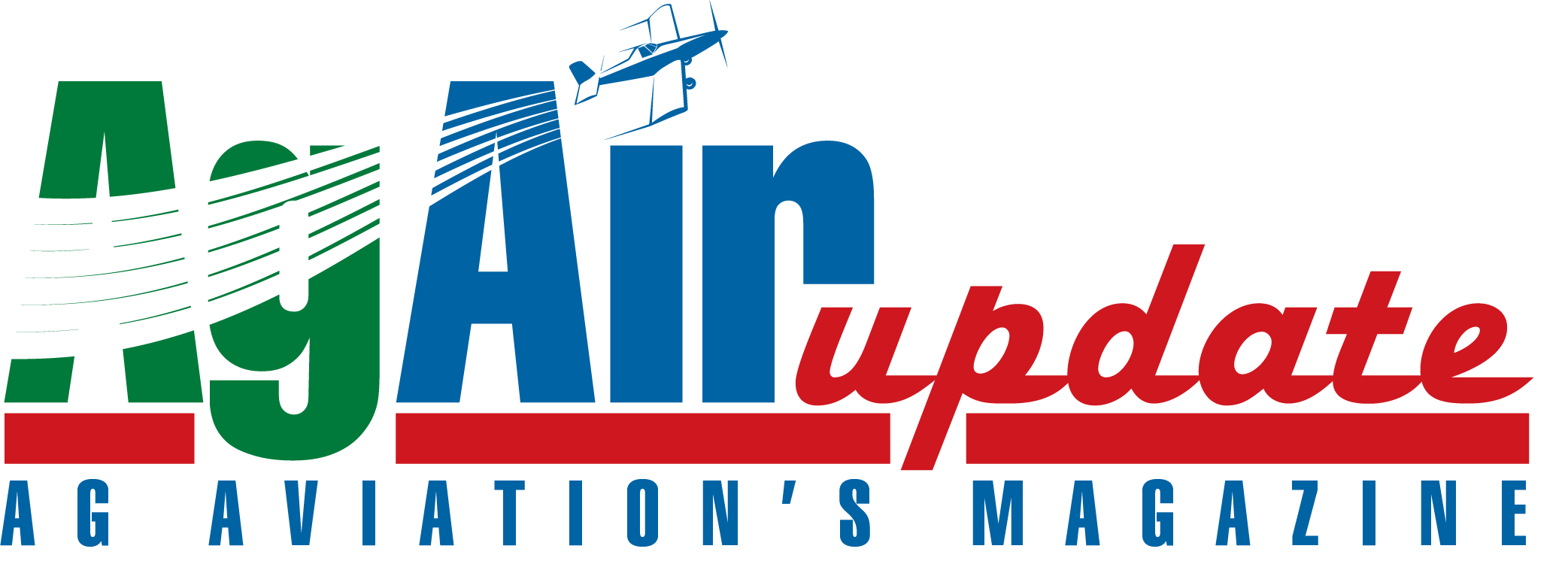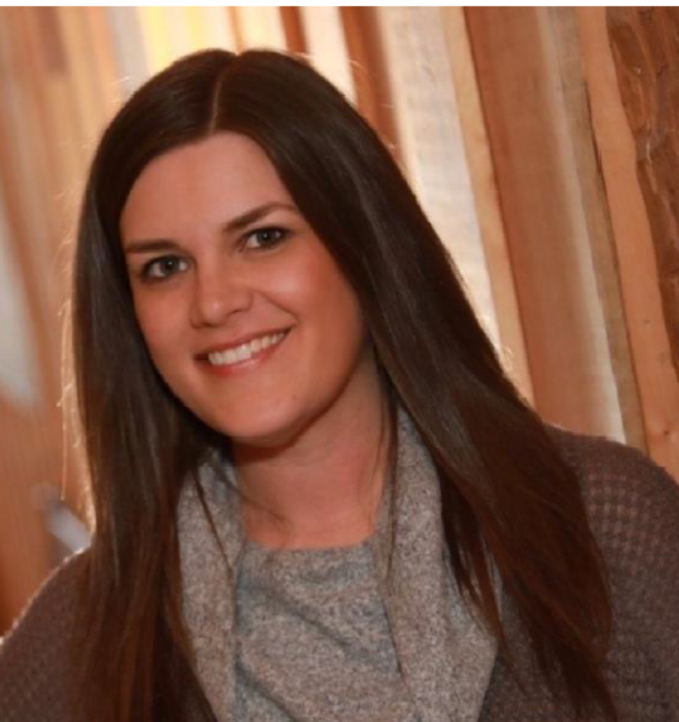For years, the vegan community has been a minority group of passionate individuals as vocal proponents of animal rights. And as with everything in life, it’s important to kindly respect people’s choices regarding decisions, beliefs, and passions. If someone chooses not to eat meat, that’s fine for them if that’s their choice. The beauty of choice is that every day, we get to dictate if our personal choices bring advantages or disadvantages (happiness or sadness) to ourselves.
Take religion, for example. One could argue that veganism does have religious type undertones. It is okay to have beliefs and passions, but some may also find the extremist views quite abrasive. People are free to worship God in their own way, but how does the general public feel towards “bible beaters” or extremists? As a former livestock farmer, feeling attacked by their extreme animal rights behaviors towards me was not uncommon. You name it, they’ve said it. They’ve wished cancer upon me and my family. They’ve wished death upon me. I’ve had thousands of hateful comments thrown my way over the years.
The good news is that the negative attacks are not very common. The other news? Sorry, vegans: there’s actually no such thing as “vegan.”
Vegetarians don’t eat meat. Okay. Vegans claim they don’t use any animal byproducts, either. But I’m sorry… that is just humanly impossible. Take this chart from Farm Credit, for example:
Yes, we get thousands of byproducts besides just meat. Leather and textiles, lotions and soaps, pet food, musical instrument strings, sporting goods, lifesaving pharmaceuticals. It happens every day. Modern medicine and its ties to animal agriculture are something to celebrate.
Yep. Sorry. Your beer is not vegan.
Really, though, nothing is.
Take fresh produce, for example, or textiles like cotton. How do vegans know how it was technically even grown? There’s an excellent chance that the fertilizer used came from livestock manure or other fertilizers made with animal byproducts. Oh, and pollination? Bees. Yep, there’s also a good chance that the non-meat eater’s food was made by “slavery and exploitation” (their words, not mine) of our furry, buzzing bee friends.
And let’s not forget all the animals that die to make all different types of foods and textiles. During harvest, rodents, snakes, mammals, insects, and more die to make food, cotton, etc. In the words of John Dutton from Yellowstone, “You kill everything on the ground and under it, you kill every snake, every frog, mouse, mole, worm, you kill them all. So I guess the only real question is, how cute does an animal have to be before you care if it dies to feed you?
It is pretty hypocritical. Humans eat animals. Animals eat humans. Animals eat animals, and the way it happens “in nature” is far more barbaric than would ever occur in animal agriculture. Life is not a Disney movie.
Think about the millions of sheep out there, and did you know that their wool is used in home insulation and carpet fibers? Methane digesters on larger-scale farms can trap methane, recycle it, and turn it into renewable energy and fuel. You’re probably not vegan if you live in a house or drive a vehicle.
Also, did you know animal agriculture only accounts for 4% of US GHG emissions? And it’s generally continuing to improve every year. Not only that, tons upon tons of food waste that would otherwise end up in landfills is fed to livestock. How much worse would we be if all that food waste went to landfills? Livestock are the ultimate recyclers, turning everything into thousands of products we use daily.]
Look around you, and it can be guaranteed that almost everything we come in contact with daily has somehow touched animal agriculture.





